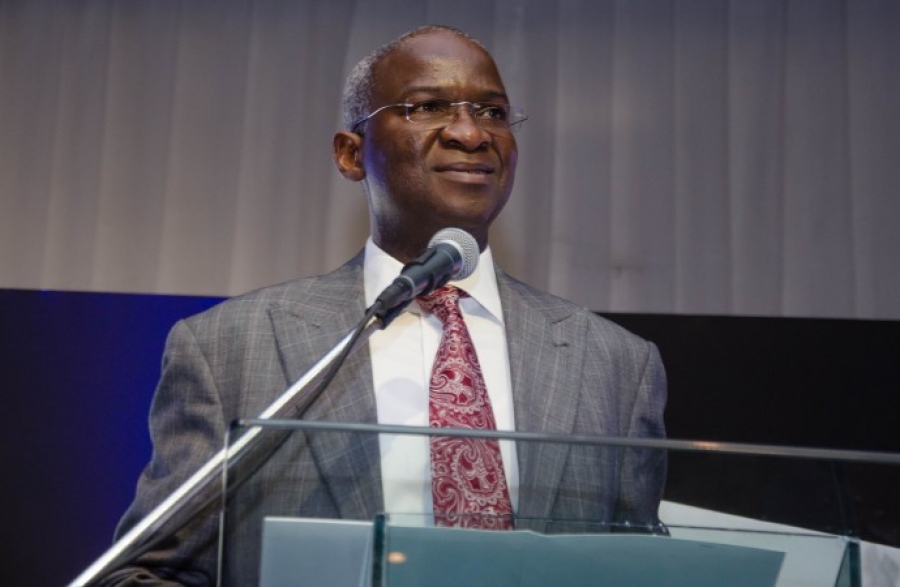- TCN Clears 655 Stranded Power Equipment Containers at Ports
The Transmission Company of Nigeria on Tuesday announced that it had cleared 655 power equipment containers that were stranded at various seaports in the country for more than 15 years.
It stated that over 800 containers were abandoned at different ports across the country for more than a decade, adding that some of them had been auctioned.
This is coming as the Managing Director, TCN, Usman Mohammed, stated that the firm had been able to raise $1.57bn through its Transmission Rehabilitation and Expansion Programme.
Speaking at a workshop on the review of the TCN Supervisory Control and Data Acquisition-Energy Management System and Telecoms Feasibility Study report in Abuja, Mohammed stated that the total number of stranded containers recovered by the company as of last week was 655.
“We have recovered 655 out of over 800 containers stranded in Nigerian ports. And this was as of last week. Also, some of the containers were in the ports for over 15 years, while others had been auctioned, but we’ve traced them and recovered them,” he said.
Mohammed stated that in order to stabilise the grid for effective service delivery, the TCN had to, among other things, attain the mandatory effective SCADA-EMS and telecoms facility for the country’s power System Operator to efficiently manage and control the grid.
He noted that for the company to achieve the targets, it established the Transmission Rehabilitation and Expansion Programme that seeks to expand and stabilise the grid and provide necessary flexibility and redundancy consistent with the N-1 reliability criteria.
“This is being done through the implementation of the TREP. Through the TREP, we have been able to raise $1.57bn and discussions are ongoing to raise even more in the course of the programme implementation,” Mohammed said.
In his address, the Minister of Power, Works and Housing, Babatunde Fashola, explained that the TREP was expected to stabilise, expand and provide necessary flexibility and redundancy for a 15-gigawatts national grid that would meet the needs of all industry operators and customers.
On the SCADA-EMS, the minister, who was represented by the ministry’s Permanent Secretary, Louis Edozien, stated that past efforts had clearly not achieved the desired results.
He said, “Detailed national grid operational data is not easily accessible to managers, operators, regulators, policy makers, customers and observers in a secure and unfiltered manner. Instruction to distribution companies to increase or decrease off-take at trading points is still done manually using ad hoc communication.
“Available load is still allocated to generation companies manually using ad hoc communication without acceptable levels of transparency. Supervision and control of the lines, breakers and substations for effective response to normal and unexpected incidents is still not automated and data-driven.”
Fashola, however, stated that to ensure the timely delivery of a functional SCADA-EMS system, the Federal Government included the programme in the recently approved World Bank financed component of the TREP.
“The new SCADA-EMS system is expected to optimise existing facilities and procure new systems, infrastructure and outsourced services for a successful and complete roll-out of effective supervision, control and monitoring of all power stations and substations connected to the national grid,” he added.


 Forex4 weeks ago
Forex4 weeks ago
 Naira4 weeks ago
Naira4 weeks ago
 Billionaire Watch3 weeks ago
Billionaire Watch3 weeks ago



 Naira4 weeks ago
Naira4 weeks ago






 Naira3 weeks ago
Naira3 weeks ago


 Naira2 weeks ago
Naira2 weeks ago






 Naira2 weeks ago
Naira2 weeks ago
 Economy4 weeks ago
Economy4 weeks ago























